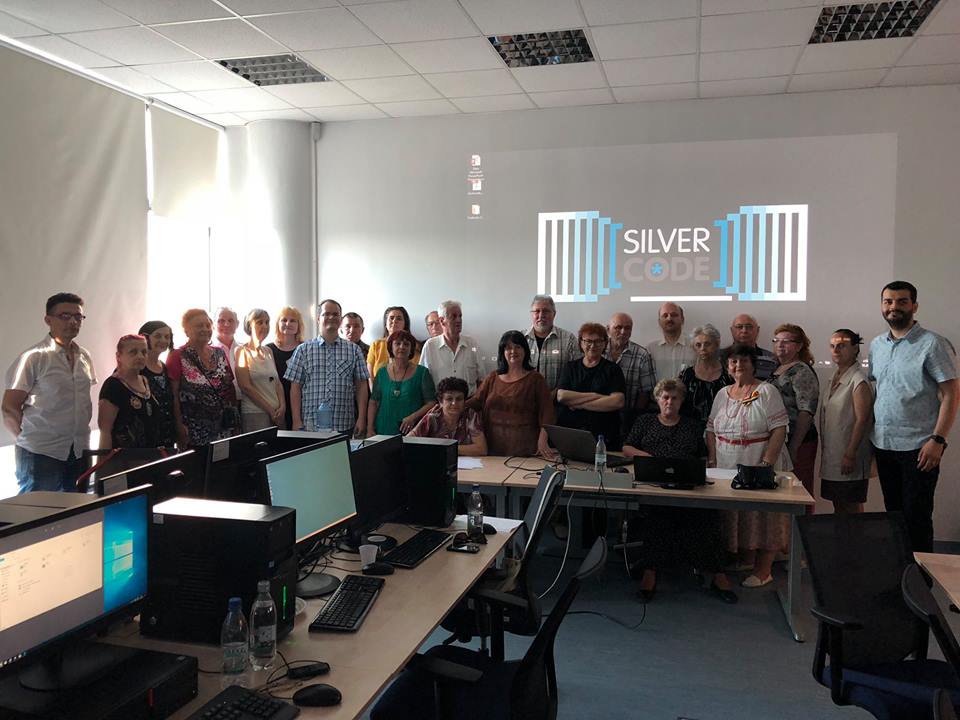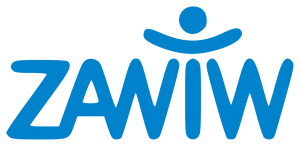Senior Trainees on Coding (Silver-Code)

Aim
Coding is always considered as a youngsters’ business, preparing them for future careers. The expected result does not mean to simply assume to turn older people into professional programmers. We know software development is a young man's game and already professional programmers find that their employability starts to decline at the age of about 35. Therefore, the foreseen result of this project proposal is, “simply”, a step forward to active ageing: by teaching senior citizens digital literacy and basics of coding, we foresee they can feel a better accomplishment and personal satisfaction into their lives leading to a more active and healthier 3rd age. Therefore, the real goals we aim at are: better selffulfilment of elderly people, increasing their of digital literacy of elders and active aging. Though, as a trigger and added value of the present project we can also foresee that, by learning digital language and better fine-tuning with the contemporary ICT-driven and hyper connected world, participants could feel more able to understand contemporary trends; they would enhance their potential and, surprisingly, even get to reinvent “new” lives.Full Description
Essentially, the project aimed at developing digital skills of elderly people, not just by teaching a passive use of digital devices, but by making them able to program and actively learn basics of coding. Coding is a “process that leads from an original formulation of a computing problem to executable computer programs”. Coding helps developing transversal skills such as problem solving, critical thinking, logic, analytical and abstract thinking. Therefore, to learn coding for a target group of older people is very for active ageing, as to learn coding is all about to learn the 21st century language and remain fine-tuned with contemporary language and trends.
Project partners:
- Eurocrea Merchand, Italy
- Slovenian Third Age University UTŽO, Slovenia
- Die Berater, Austria
- AidLearn, Portugal
- University of Polytechnics in Timisoara, Romania
- University of Wroclaw – The University of the Third Age, Poland
Step by Step Explanation
-
1
The workplan was organized on a 24 months basis and 4 main phases:
Development of the SILVER-CODING training course
The consortium started from an analysis, which was based on the preliminary study conducted for the project proposal about existing situation and needs of TGs;
-
2
Development of a “SILVER-CODE” community
Based upon the several meaningful results of the analysis and the experience of the partners, the second phase was dedicated to the development of tools for the development and enhancement of a Europe-wide community, possibly linked to already existing communities. Therefore, tools such as: a platform with life-assistance, a forum moderated on a daily basis, social network-groups, were set and triggered by the involvement of target groups.
-
3
Validation and Fine-Tuning
To guarantee full alignment of the platform, tools and materials with the needs of the target groups, a validation activity took place.
-
4
Valorisation (M1-M24)
Besides the 3 phases described above, during the overall lifespan of the project visibility actions were carried out. The dissemination was launched right after the beginning of the project, with internet presence, in order to raise awareness of the whole project rationale.
Results
Implemented Methods
Learning by doing
Considering the biggest mind-gap to be overcome by elderly peopl, who are often resistant to changes and, specifically to new ways of interaction, communication and of mind-sets (where real and virtual worlds remain separate and hardly interact and fears of digital violations may prevent from in-depth learning of digital language), the whole action will be a combination of tangible and digital activities, in order to always guarantee human touch behind digital language.
Edutainment
Educate by entertaining. One key for a more active participation to the learning process of TG is by enhancing the entertaining aspect of education: game is something serious. In several languages game and play are expressed by the same word. And the training on coding we aim to develop with this project is much connected with gamification as elders by developing apps, games or tools will, firstly, play. By playing a game, by identifying oneself in a character, elders will have a very instructive occasion for them to learn and to objectify their experiences and possible room for improvements
Peer to peer learning
Acquired learning is triggered by mutual sharing among learners; the foreseen project impact is not only on the participants but also their families and communities.



